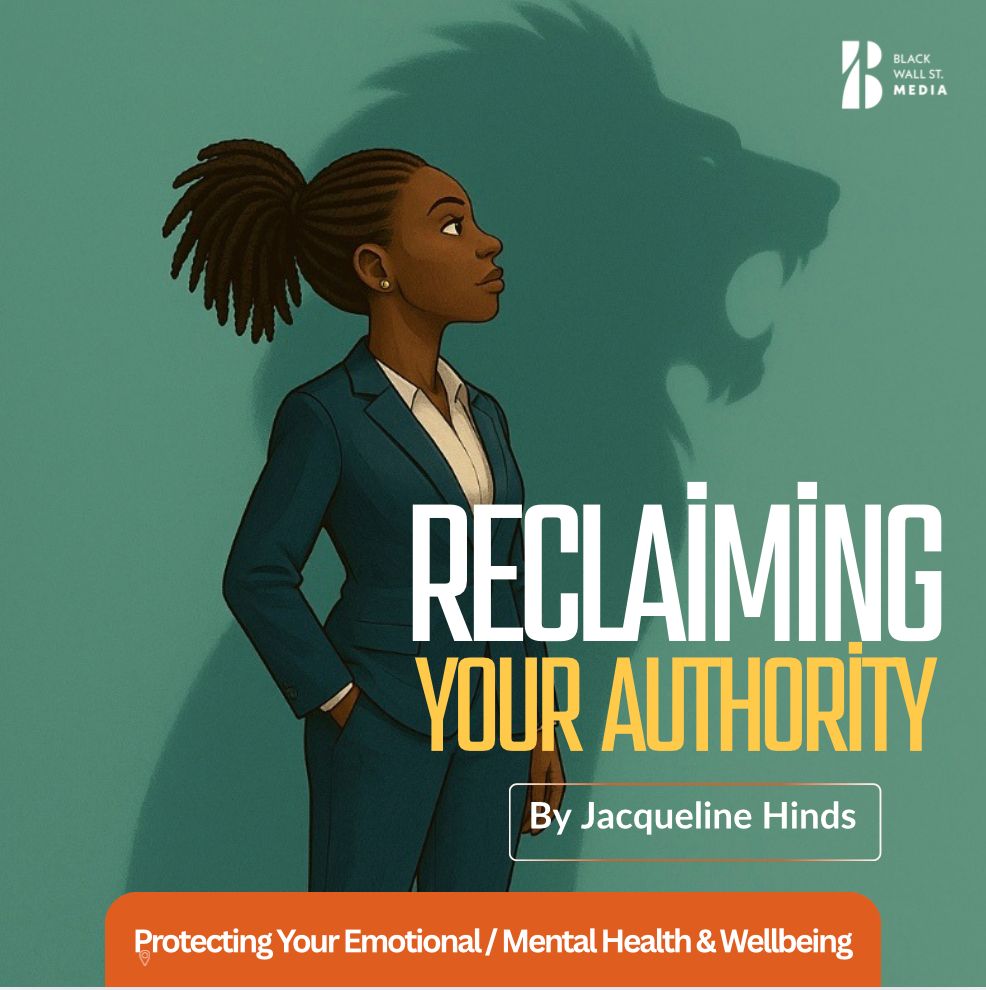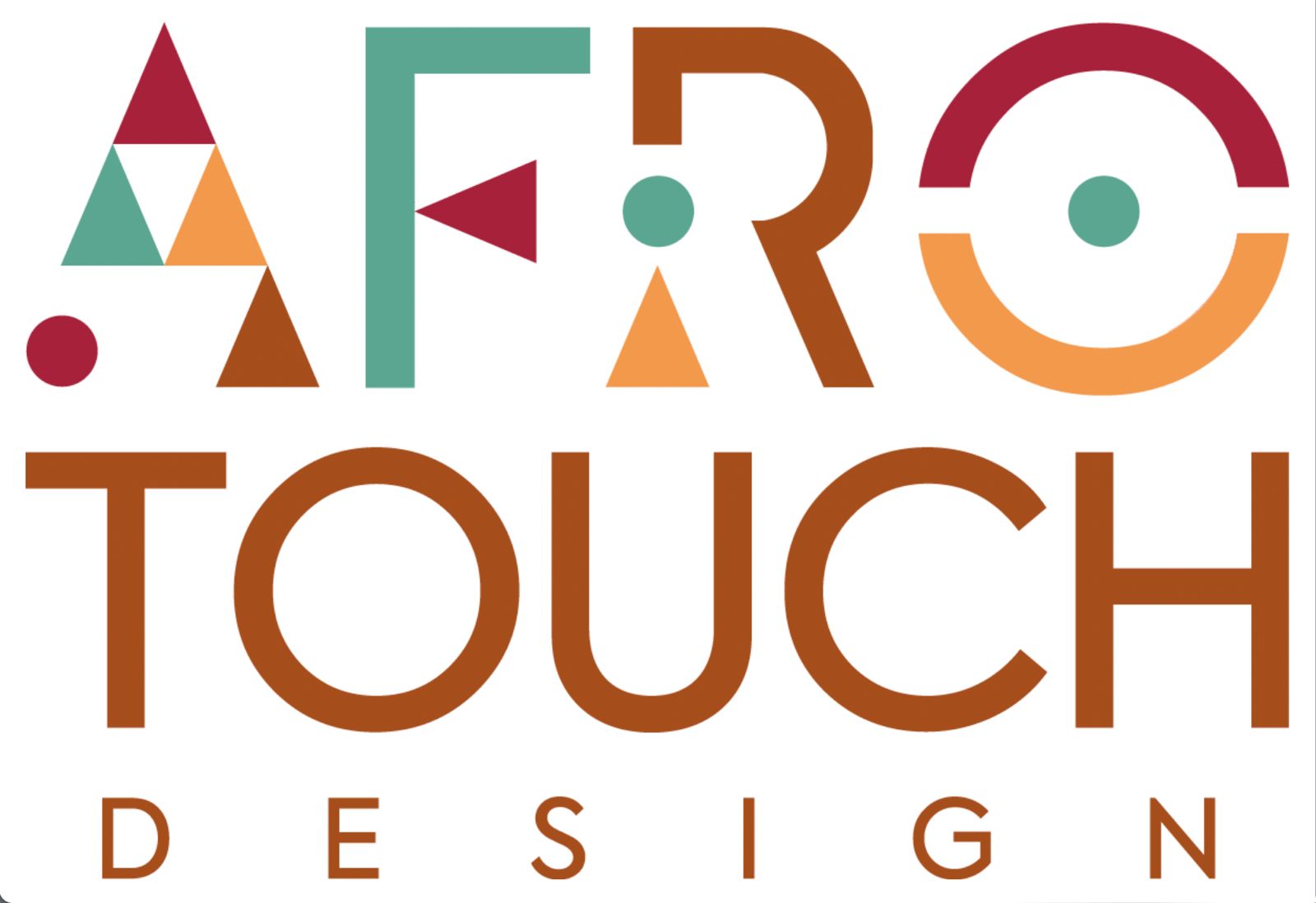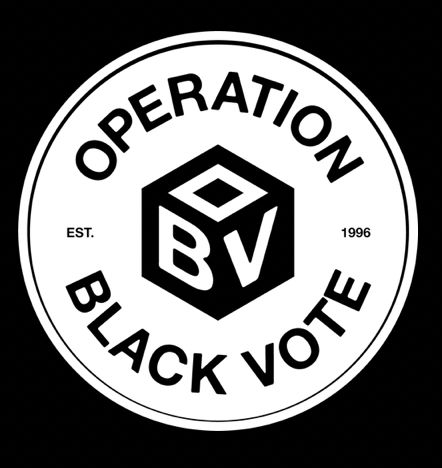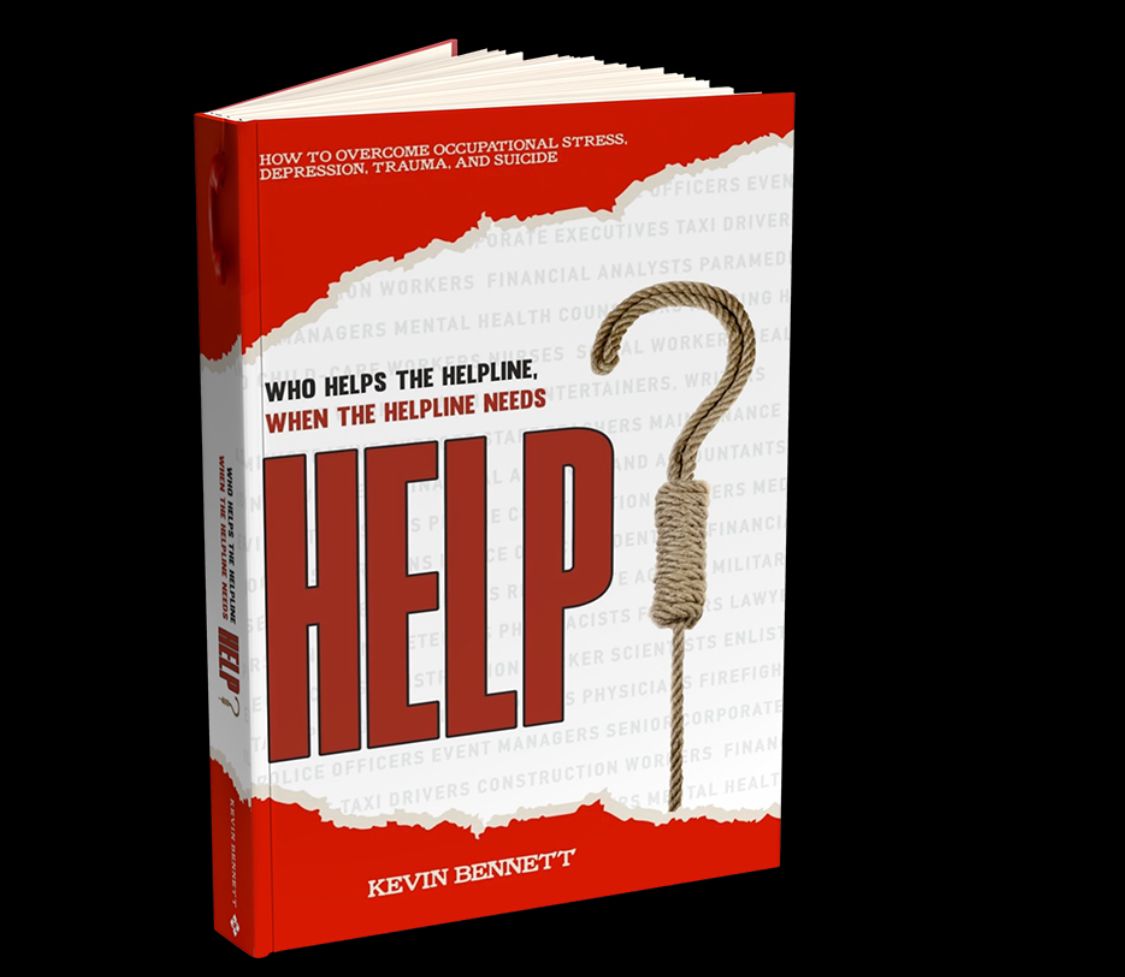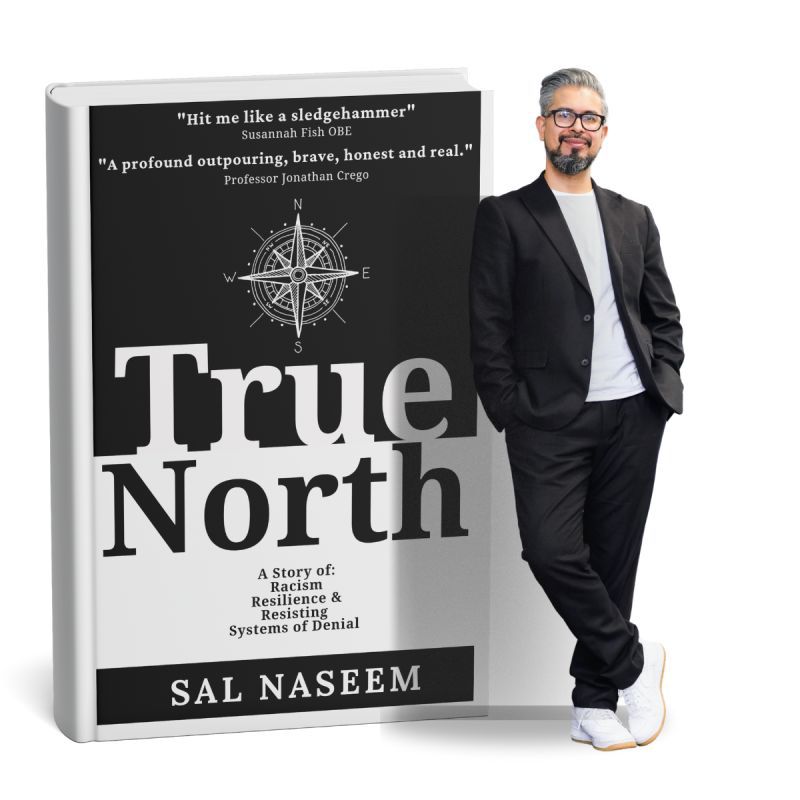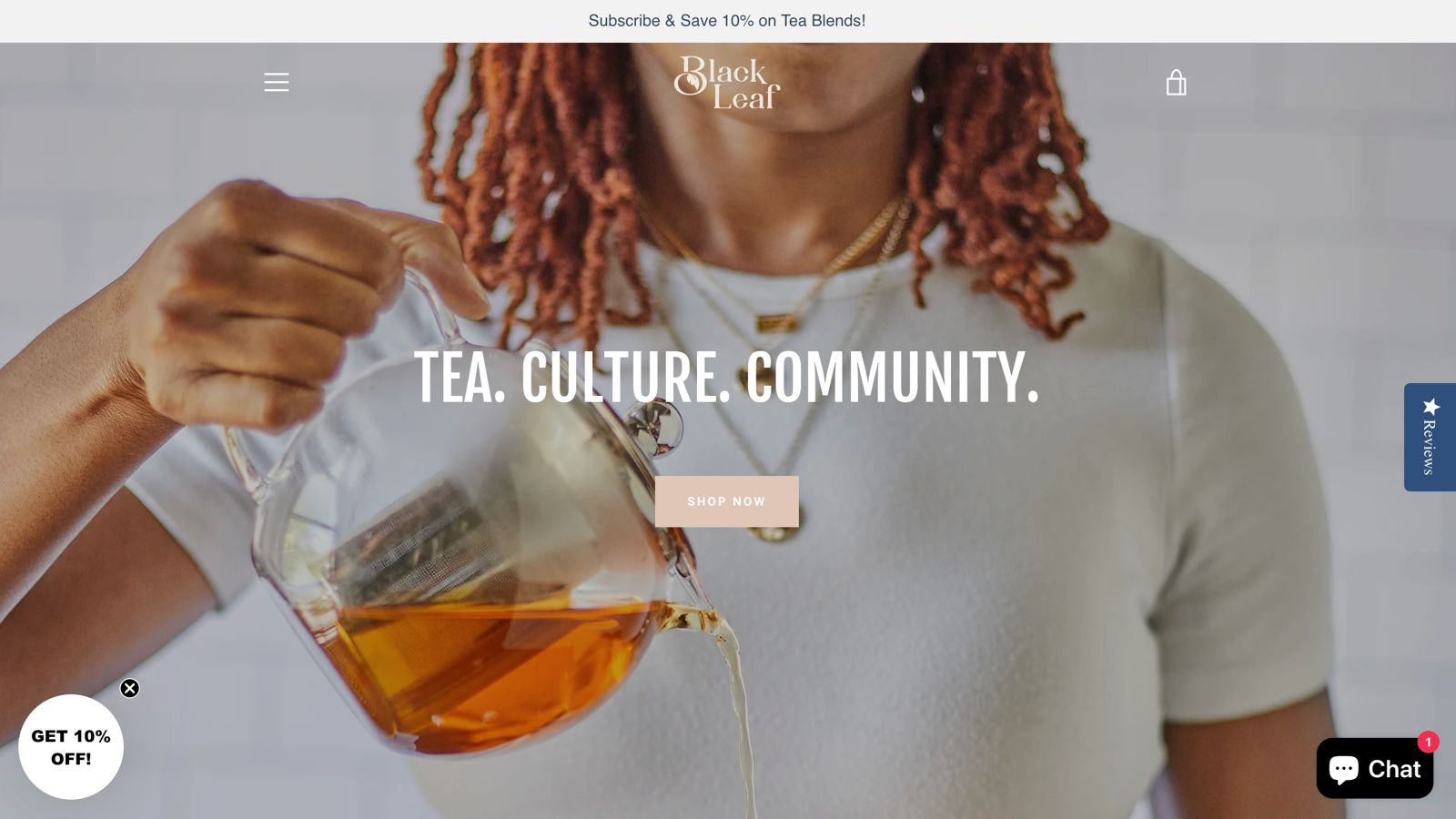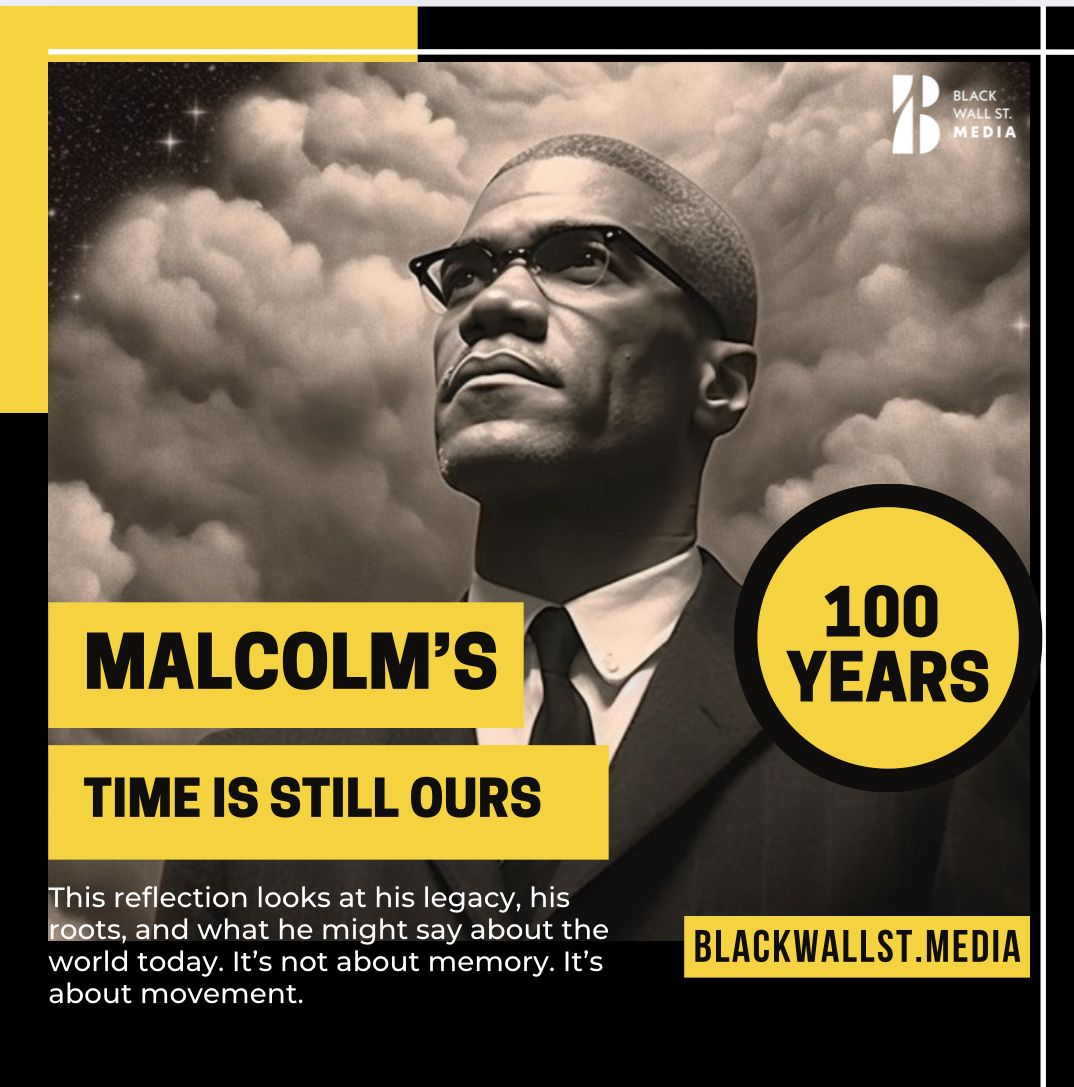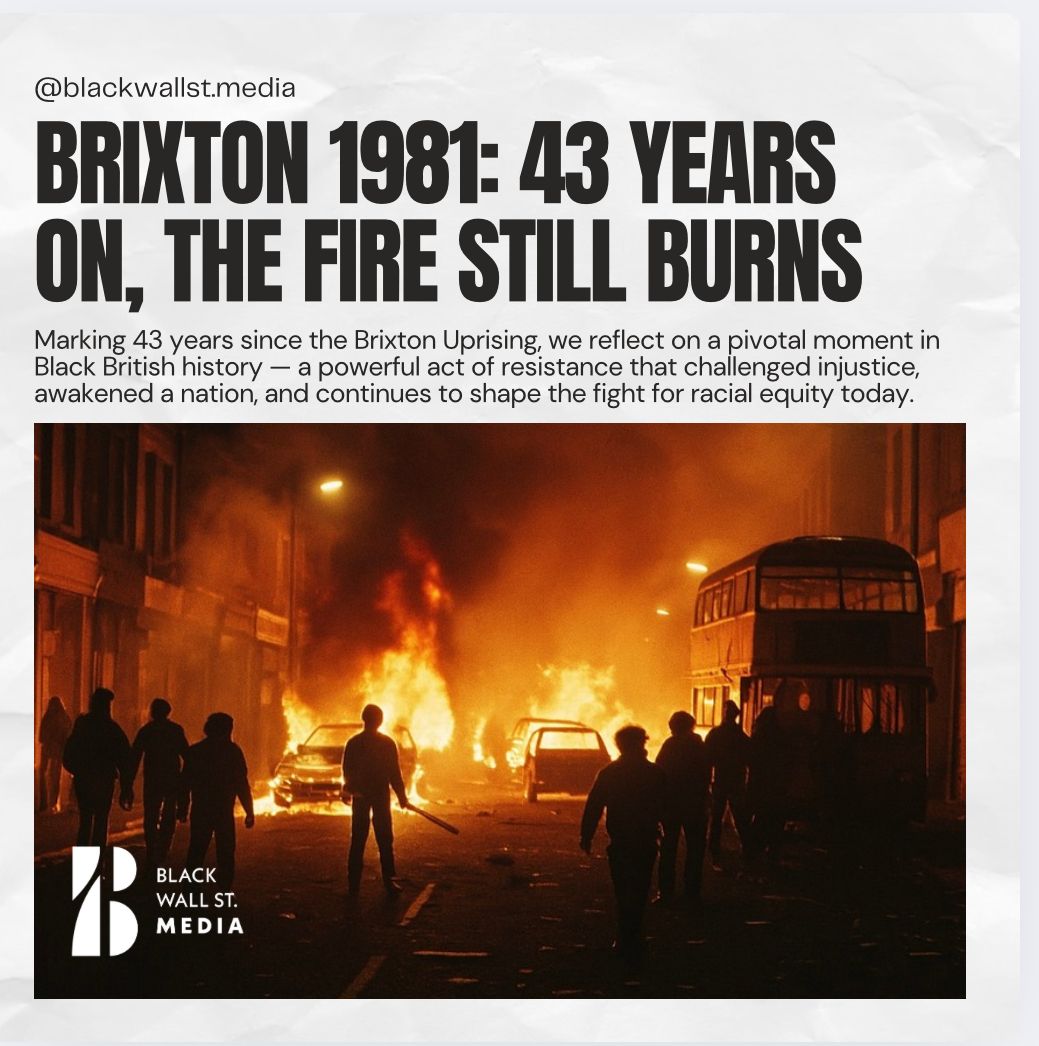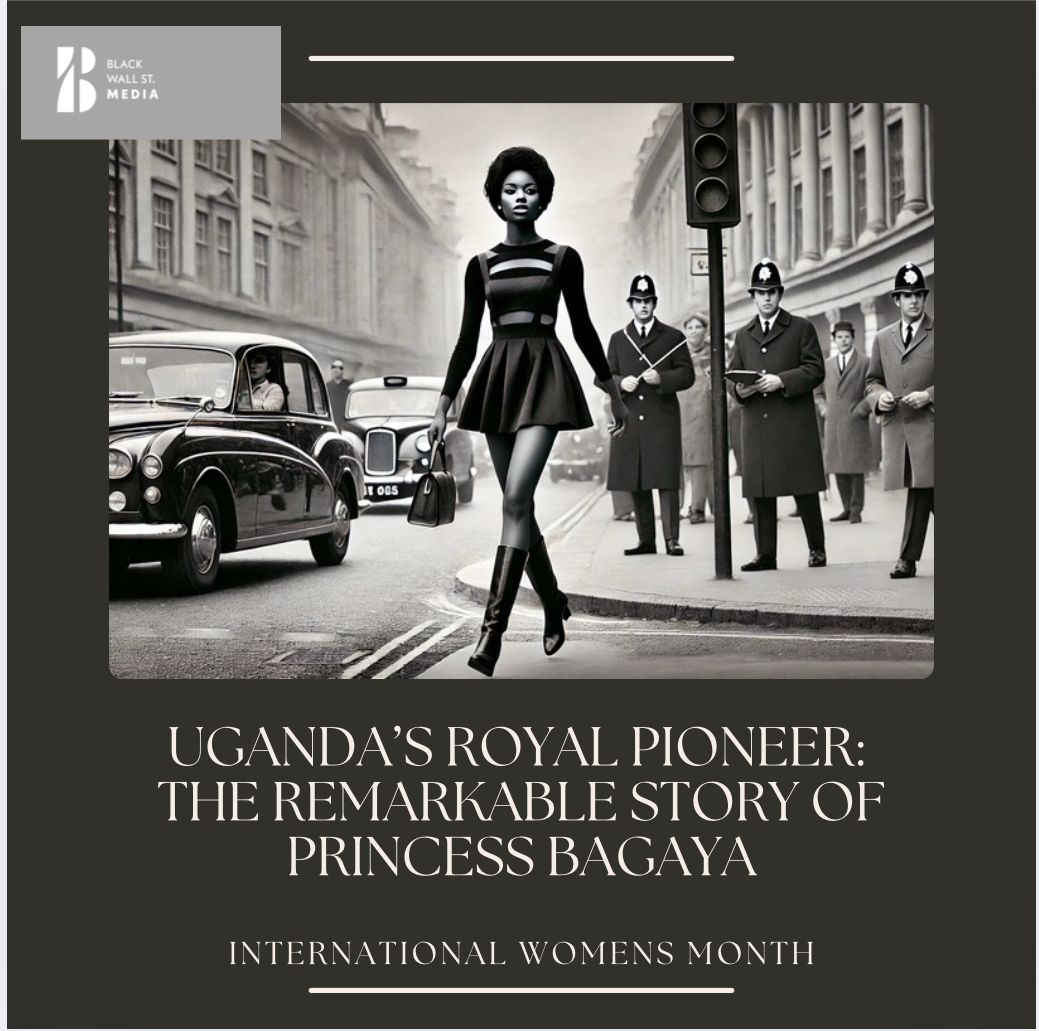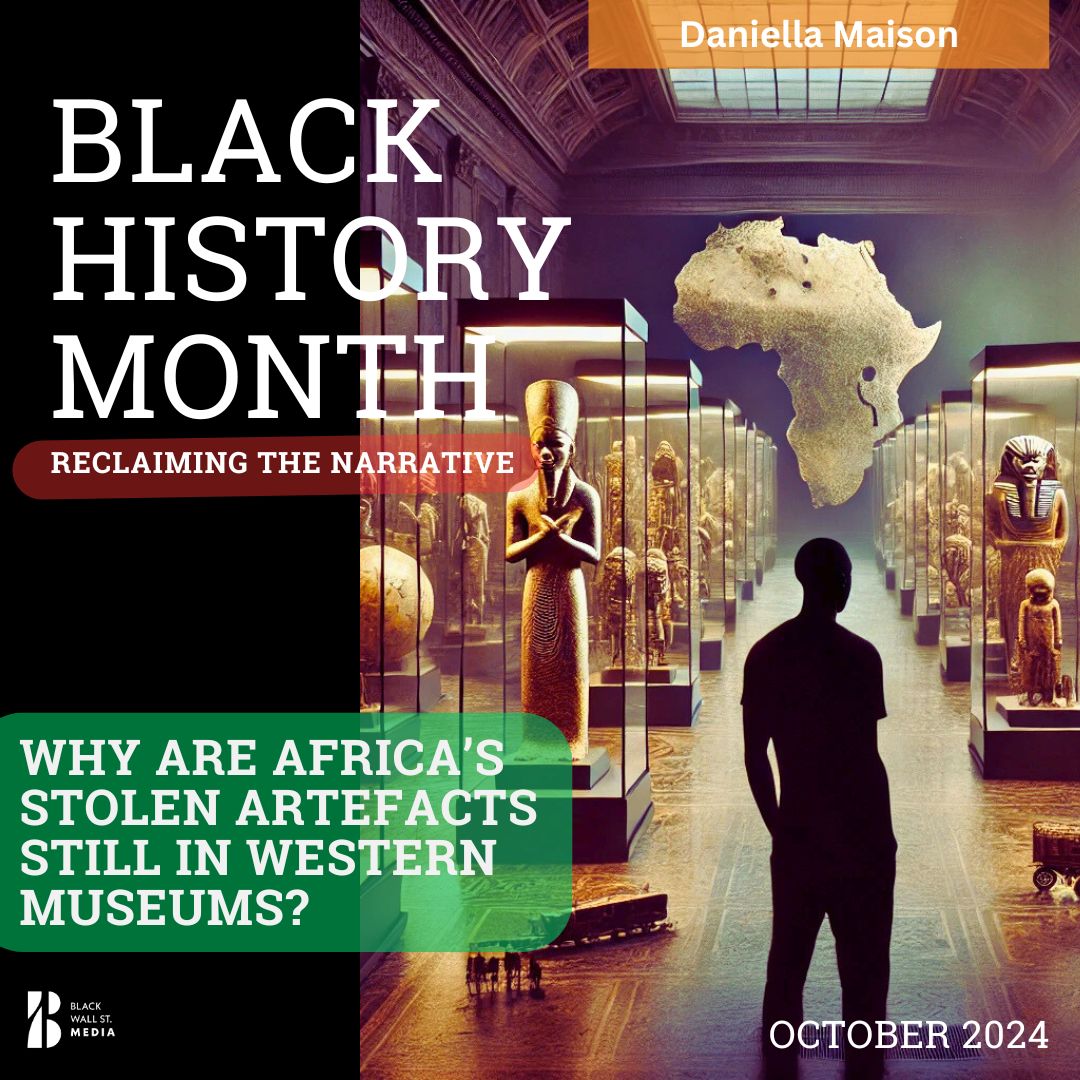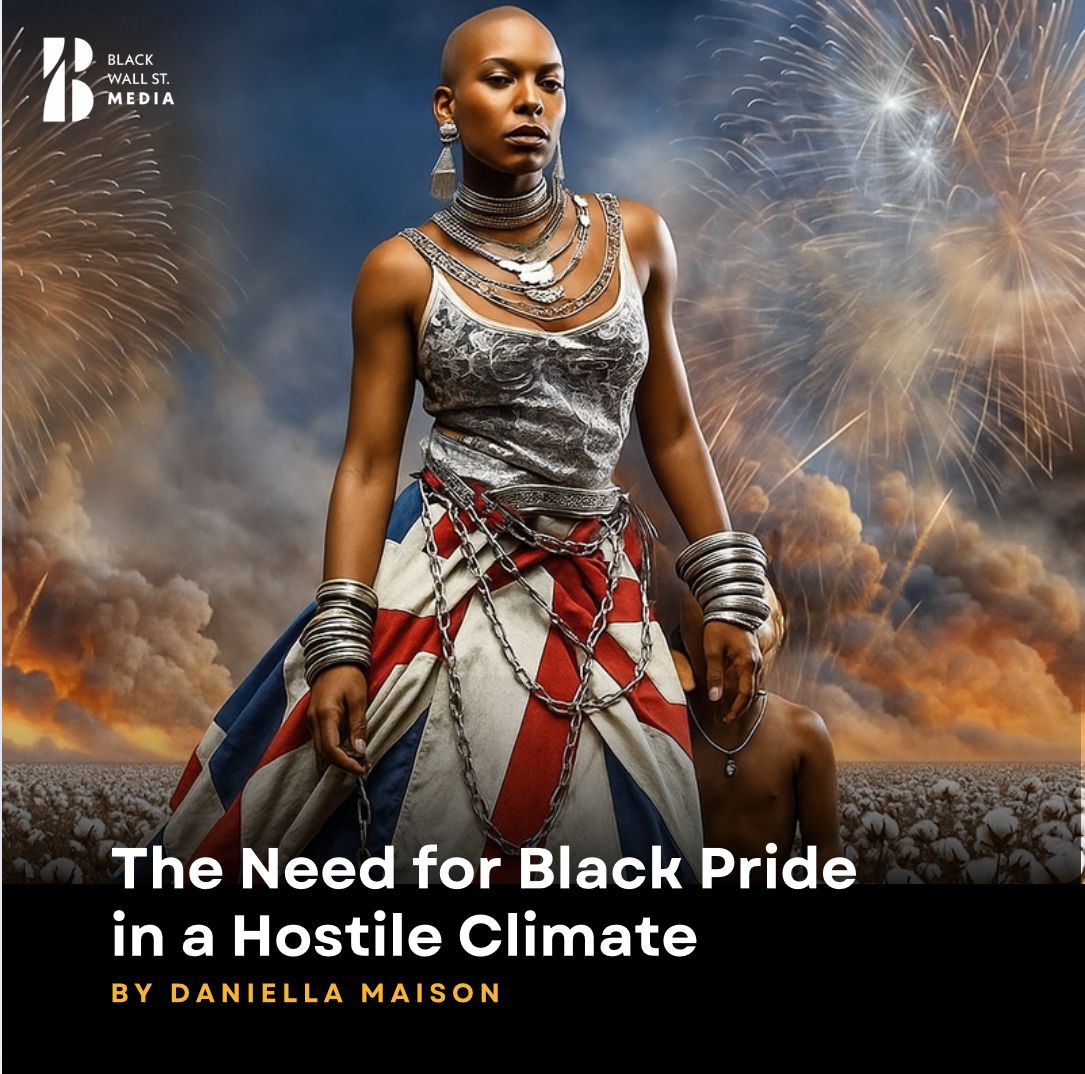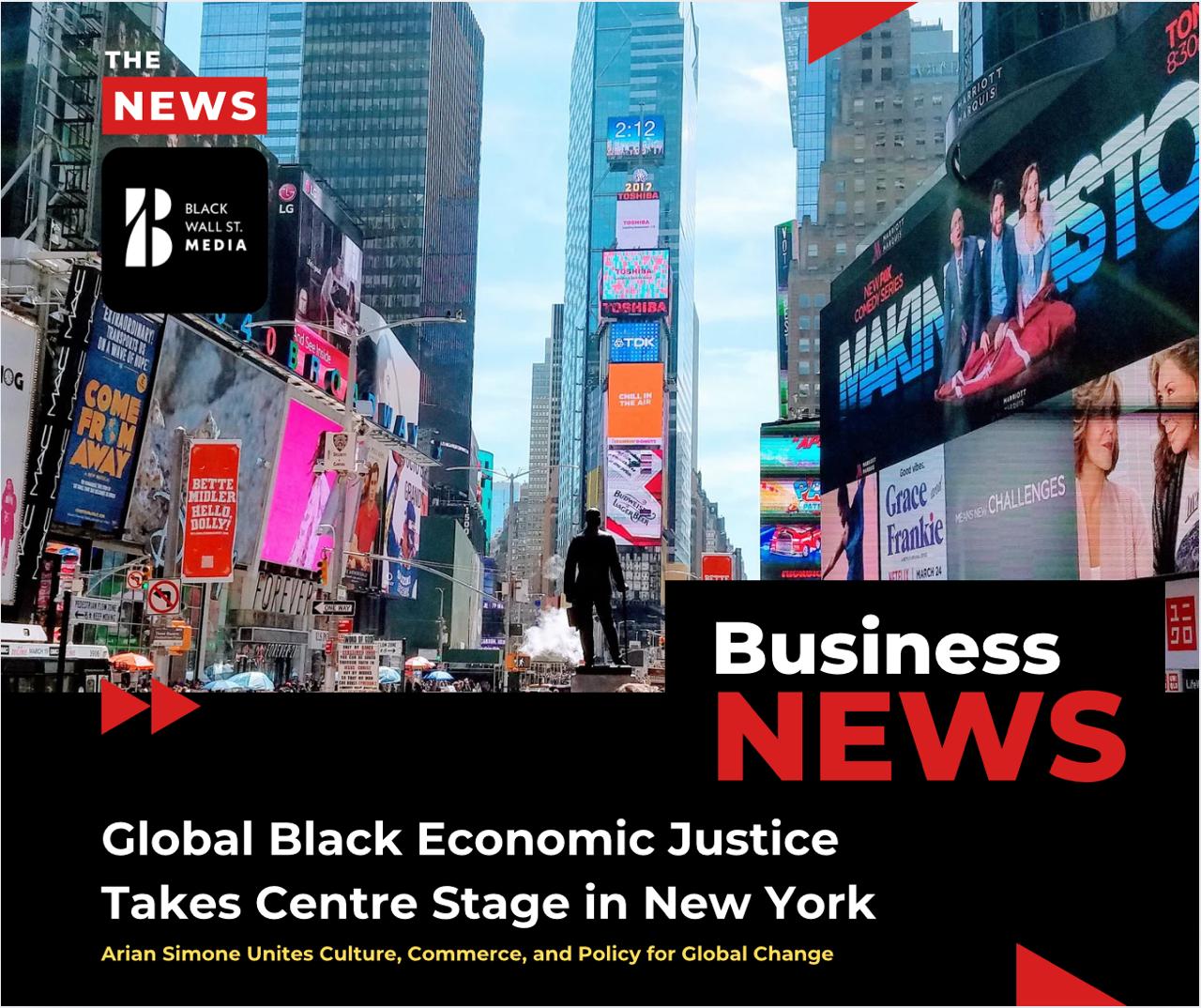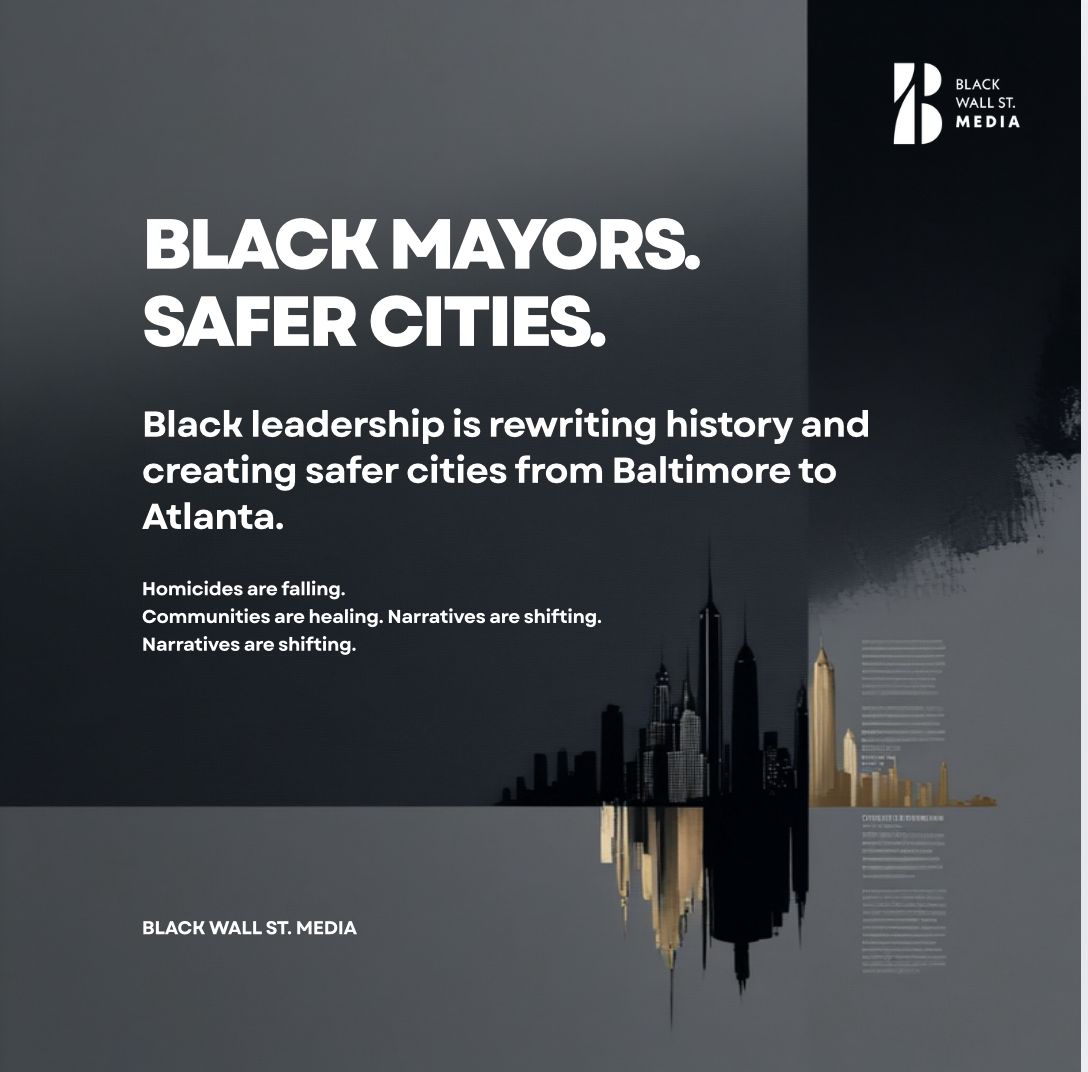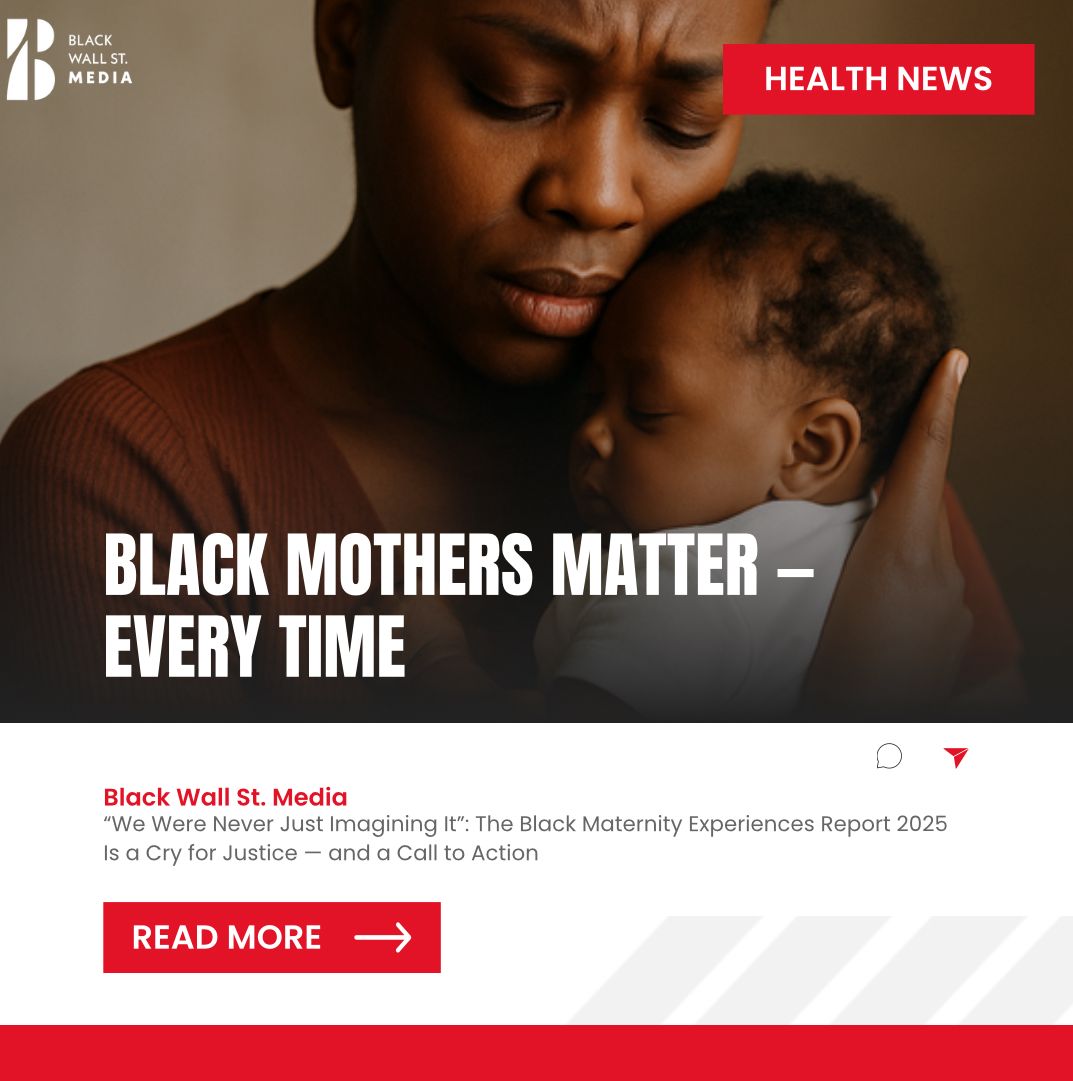Mental Health & Wellbeing in the Workplace
Reclaiming Your Authority:
Protecting Your Emotional, Mental Health & Wellbeing
“This Mental Health Awareness Month, I’m shining a light on the emotional and mental toll Black women face in UK workplaces—where your expertise is too often questioned, and your identity too often dismissed.
My latest article explores how emotional intelligence can help you reclaim your authority, protect your wellbeing, and navigate spaces not built with you in mind.
Your mental health is a priority. Your voice matters. Your authority is valid.”
Jacqueline A. HindsContributor
“Remember that your mental health is a priority, your inner peace is essential and your self-care is a necessity.” ~ SelfGrowth.com ~
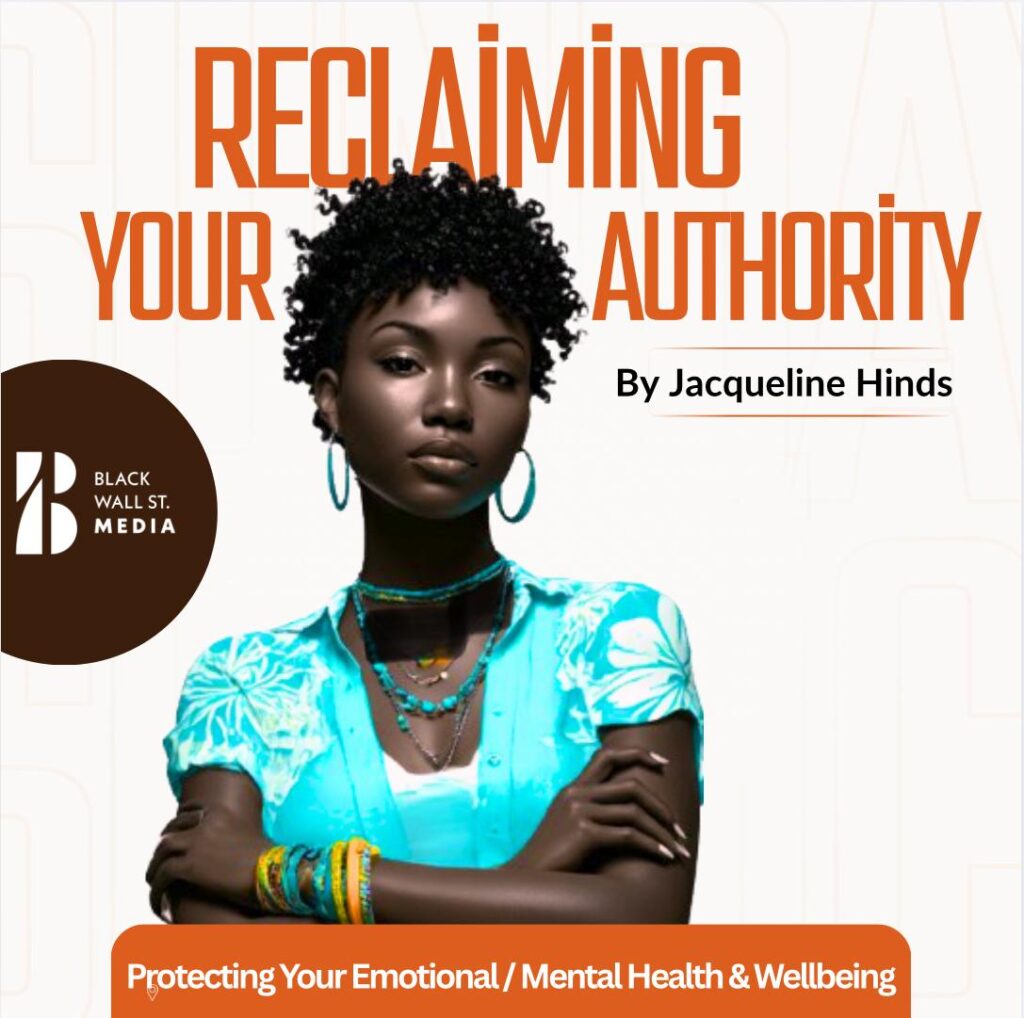
In recognition of Mental Health Awareness Month, I’d like to draw your attention to the plight of Black women professionals in the UK, where their workplaces can be both a space of opportunity and a battleground where one’s authority, expertise, and very identity are constantly challenged.
The intersection of race and gender creates a unique set of challenges that many other demographics simply do not face. This isn’t just about isolated incidents of discrimination, it’s about systematic patterns that undermine Black women’s confidence, mental health, and career progression every day.
This article aims to shine a light on these realities while providing practical strategies for reclaiming your authority and protecting your wellbeing in spaces that weren’t designed with you in mind.
The Many Faces of Workplace Gaslighting Gaslighting,
A form of psychological manipulation that makes you question your own reality, memory, or perceptions, is particularly insidious in professional settings.
For Black women in UK workplaces, this often takes specific forms:
“You’re being too sensitive” – When legitimate concerns about microaggressions or discriminatory practices are dismissed as overreactions, it serves to silence and invalidate your experiences. This dismissal suggests that the problem lies not with the behaviour you’ve identified, but with your perception of it.
“I didn’t mean it that way” – When harmful comments are reframed as innocent remarks, the burden shifts to you to prove intent, rather than focusing on impact. This deflection technique forces Black women to either accept the gaslighting or be labelled as confrontational.
“Everyone is treated the same here” – This denial of differential treatment ignores the lived experiences of Black women who can clearly see disparities in how feedback is delivered, how mistakes are punished, and how achievements are recognised. Patterns of Discrimination in UK Workplaces Recent studies reveal troubling patterns in UK workplaces that disproportionately affect Black women:
- Black women are 2.5 times more likely to be in insecure forms of employment compared to white women
- Only 1.5% of senior management roles in the UK are held by Black women, despite their higher-than-average educational qualifications
- Black women report significantly higher rates of having their judgment questioned in their area of expertise compared to both white women and Black men These statistics aren’t just numbers, they represent real barriers to career progression, financial security, and professional respect.
What’s particularly challenging is that many of these discriminatory practices are covert, making them difficult to address through formal channels.
The Mental Health Toll.
The cumulative effect of navigating these challenges daily exacts a significant toll on mental and emotional wellbeing:
- Imposter syndrome intensified by constant undermining
- Exhaustion from code-switching and performing “respectability politics” • Anxiety about being perceived as “the angry Black woman” when advocating for yourself
- Isolation in spaces where you may be the only Black woman
- The emotional labour of educating colleagues about racism while processing your own experiences This toll isn’t just personal, it affects career trajectories, earning potential, and entire organisational cultures.
Reclaiming Your Authority: Emotional Intelligence as Power Despite these challenges, Black women across the UK are finding powerful ways to protect their wellbeing and reclaim their authority in professional spaces.
At the heart of these strategies is emotional intelligence, the ability to understand, manage, and effectively express your emotions while navigating the emotions of others.
1. Self-Awareness: Document Your Truth Developing emotional intelligence begins with deep self-awareness:
- Keep detailed records of your achievements, feedback, and problematic interactions
- Notice your emotional responses to workplace situations without judgment • Distinguish between reactions that serve you and those triggered by historical patterns
- Use this documentation not just as evidence against gaslighting, but as a personal anchor to your authentic experience
2. Social Awareness: Build Your Constellation of Support Emotionally intelligent networking means creating relationships that nurture your professional authority:
- Connect with other Black women professionals who can validate your experiences and share coping strategies
- Develop relationships with mentors who understand the emotional landscape you’re navigating
- Cultivate allies who can recognise when your emotions in professional settings are being mischaracterised
- Create reciprocal support systems where emotional honesty is valued
3. Self-Management: Strategic Self-Advocacy Reclaiming authority requires mastering your emotions as tools rather than letting them become obstacles:
- Before challenging biased assumptions, process your initial reaction privately to formulate a response rather than a reaction
- When advocating for yourself, use “emotional bracketing”, acknowledging feelings while focusing on facts: “I notice I’m frustrated by this pattern, and here’s the data that shows the disparity”
- Practice calibrating your emotional expression to the specific audience and context
- Channel emotions like anger or frustration into precise, measured responses that command attention
4. Emotional Boundaries: The Power of No Emotional intelligence includes knowing where your responsibilities end:
- Develop awareness of when you’re being asked to perform emotional labour beyond your role
- Practice saying “no” while maintaining professional relationships
- Create emotional transition rituals between work and personal life
- Use your emotional wisdom to select which situations warrant your full engagement
5. Self-Compassion: Emotional Resilience as Resistance In spaces that may not validate your experiences, emotional self-care becomes revolutionary:
- Develop an internal emotional validation system that doesn’t depend on external recognition
- Practice self-compassion when you’ve been affected by workplace dynamics • Use emotional intelligence techniques like “name it to tame it” when experiencing strong reactions
- Create regular emotional check-ins with yourself to prevent burnout
- Recognise that protecting your emotional wellbeing is inseparable from protecting your professional authority Organisational Accountability While individual strategies are essential, the responsibility for creating inclusive workplaces doesn’t rest solely with Black women:
- For allies: Move beyond performative support to active advocacy. Challenge discriminatory practices when you witness them, even when no Black women are present.
- For managers: Examine how feedback, opportunities, and recognition are distributed in your team. Are you holding different standards for different employees?
- For organisations: Review policies around reporting discrimination, promotion criteria, and recruitment practices. Anonymous feedback mechanisms and transparent progression pathways are essential.

In Conclusion Reclaiming your authority as a Black woman in UK professional spaces isn’t just about individual survival, it’s about transforming workplaces to recognise and value the unique perspectives and contributions you bring.
By naming these challenges and developing strategies to protect your wellbeing, you’re not just advocating for yourself but creating pathways for those who will follow.
The journey isn’t easy, but you’re not alone in it. As more Black women speak truth to power and demand the respect they deserve, workplaces across the UK are slowly being forced to confront their biases and create more equitable environments.
Your wellbeing matters, your voice matters, and your authority, though often challenged remains undiminished.
This article is intended as a resource for Black women professionals navigating workplace challenges, as well as for organisations committed to creating more inclusive environments.
If you would like to find out how Emotional Intelligence can help you navigate the challenges you’re facing, email me at: jah@wilsonhindsconsulting.com or you can connect with me on LinkedIn.











